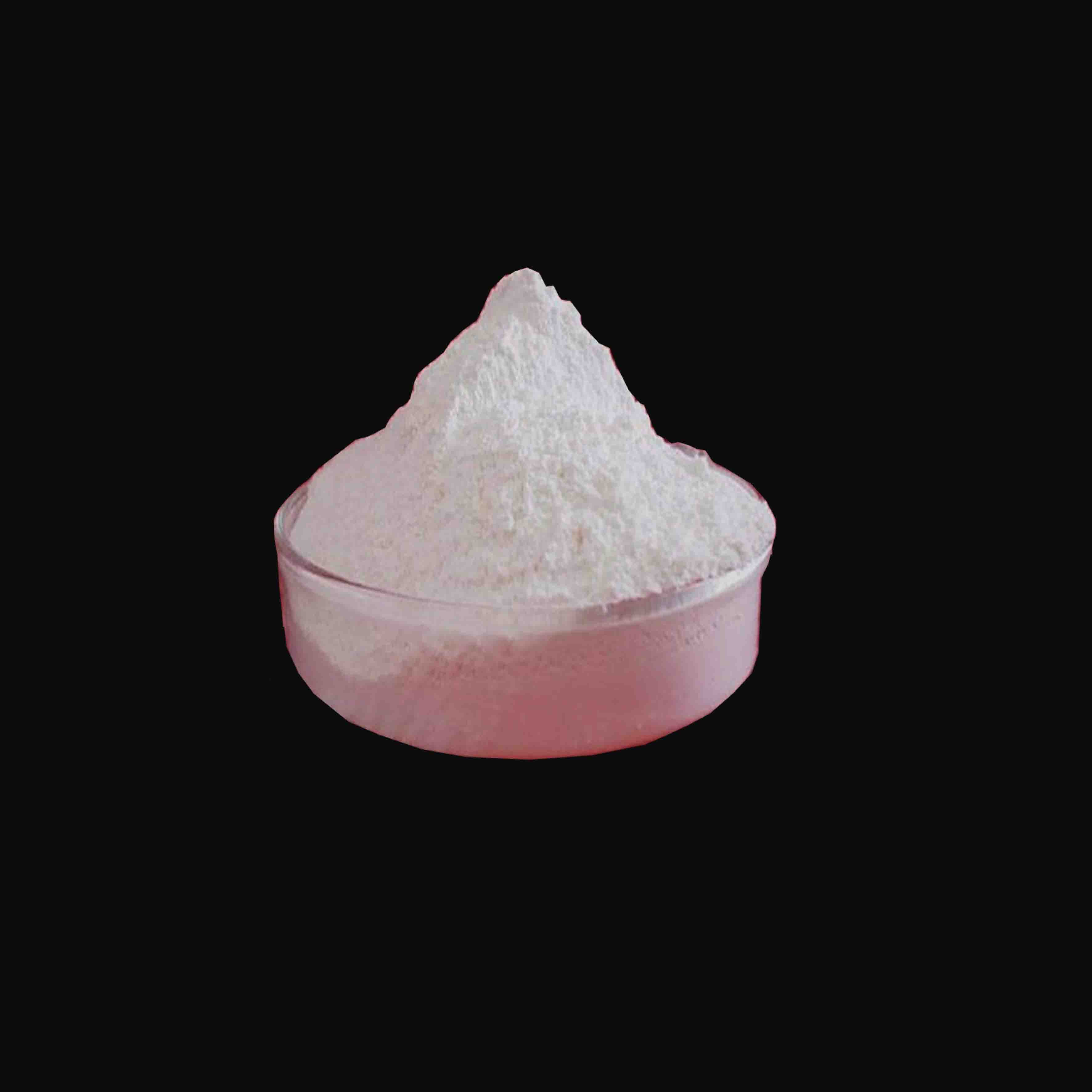
Oct . 15, 2024 11:24 Back to list
tio2 p25
Applications and Advantages of TiO2 P25 in Modern Technology
Titanium dioxide (TiO2) has garnered significant attention in various industrial and environmental applications due to its unique properties. Among the various forms of TiO2, the P25 grade produced by Degussa (now Evonik Industries) is particularly renowned for its outstanding photocatalytic activity. This article will discuss the characteristics, applications, and advantages of TiO2 P25, highlighting its role in advancing technology and sustainability.
Applications and Advantages of TiO2 P25 in Modern Technology
One of the most significant applications of TiO2 P25 is in self-cleaning surfaces. When coated with TiO2, surfaces can degrade organic dirt and grime through photocatalysis when exposed to sunlight. This technology is gaining traction in the construction industry for facade treatments, windows, and pavements, providing a more sustainable and long-lasting solution compared to traditional cleaning methods. Additionally, self-cleaning products can help reduce maintenance costs and enhance the aesthetic appeal of buildings.
tio2 p25

Moreover, TiO2 P25 is extensively used in the field of energy production, particularly in the enhancement of solar cells. As a photoactive material, TiO2 can improve the efficiency of dye-sensitized solar cells (DSSCs), enabling them to convert sunlight into electricity more effectively. The incorporation of TiO2 P25 enhances light absorption and charge separation within the cell, contributing to higher energy conversion efficiencies. This innovation plays a pivotal role in the ongoing transition towards renewable energy sources.
In the realm of health and safety, TiO2 P25 has potential applications in antibacterial coatings. Its photocatalytic activity can be harnessed to eliminate harmful bacteria on surfaces, making it valuable in hospitals, kitchens, and public spaces. The ability to maintain cleaner environments through the use of TiO2 P25 could significantly reduce the spread of infectious diseases and promote better public health outcomes.
The advantages of TiO2 P25 extend beyond its photocatalytic properties. It is a non-toxic, stable, and chemically inert material, making it safe for both human health and the environment. Furthermore, TiO2 P25 is relatively inexpensive and widely available, which facilitates its integration into various applications without significant economic barriers.
In conclusion, TiO2 P25 is a remarkable material that stands at the intersection of technology and sustainability. Its versatile applications across environmental remediation, energy production, and public health exemplify its potential to address some of the pressing challenges faced by modern society. As research continues to unlock new functionalities and improve the efficiency of TiO2 P25, its role in fostering a cleaner, more sustainable world is likely to grow even further. The ongoing advancements in this field affirm TiO2 P25 as a critical player in shaping a more sustainable future.
-
Premium 6618 Titanium Dioxide for GPT-4 Turbo Applications
NewsJul.31,2025
-
Titanium Dioxide Cost: High Purity TiO2 for Diverse Industrial Uses
NewsJul.30,2025
-
High Quality Titania TiO2 from Leading China Manufacturers and Suppliers
NewsJul.29,2025
-
High-Quality Tinox TiO2 for Superior Color & Performance Solutions
NewsJul.29,2025
-
High Quality Titania TiO2 from Leading China Supplier & Manufacturer
NewsJul.29,2025
-
High-Performance r6618 TiO2 for Superior Whitening and Versatility
NewsJul.28,2025
